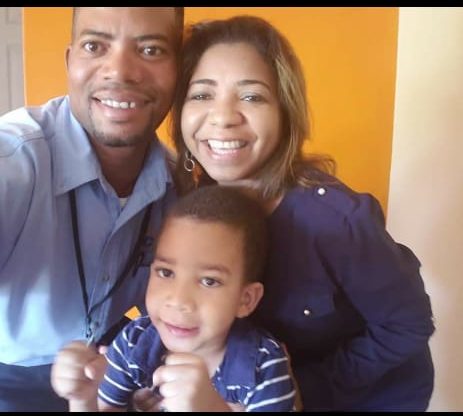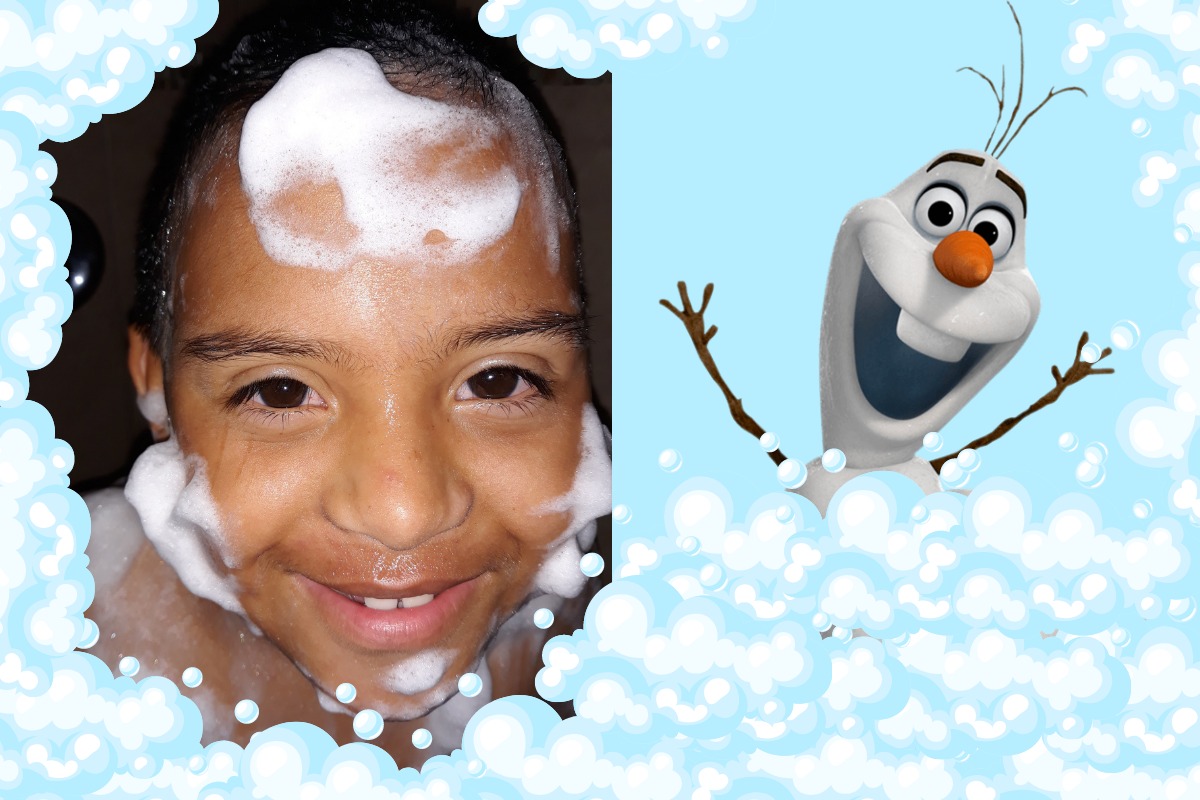I thought I knew what depression was. I had witnessed it up close and personal, seen the havoc it caused in loved ones’ lives. But I was wrong. I had no idea. It wasn’t until I was in its merciless, deathly grip that I truly understood.
Close Calls
I’ve had three near-death experiences. The first time, I narrowly escaped drowning. I’d swallowed so much water, my body had already stopped fighting when I was saved. The second time, I put myself in a very dangerous situation and almost got kidnapped and worse. (I take this opportunity to say, I ordinarily lead a pretty boring life. But I do have a number of interesting stories to tell.)
My third near-death experience was the scariest. I’d never been closer to the grave. My depressive state had robbed me of all joy and the very willingness to live. My desperate call for help ultimately saved me and my baby. If you learn nothing else when reading this blog, learn this: You are not alone. Ask for help.

What is Depression?
The dictionary says depression is “to enter a cognitive state characterized by an inability to experience pleasure as well as feelings of hopelessness, helplessness, and despondency.” People experience depression in different ways. Most people describe constant feelings of sadness, loss, or anger that interfere with everyday activities. It often affects their daily work, relationships, and health. They feel empty inside and no longer find pleasure in favorite activities. They feel excessively tired and may turn to drugs and alcohol for escape. They may withdraw from others and have thoughts of suicide.
Depression is more than feeling sad. Everyone feels down from time to time. But if you’re feeling down or hopeless on a regular basis, you may be depressed. It is a serious medical condition that can get worse without proper treatment.

Entering Darkness
I experienced mild, temporary depressive episodes over the years. I recall an especially dark time when living through a harsh winter in the States some years back. Coming from sunshiny Belize, I was not prepared for the heavy clouds that persisted for months. Or the intense chill that froze my bones. I felt low and sad but couldn’t say why. The very day the sun peeked out from behind the clouds and I felt its warmth again, my dark mood lifted. Google tells me that’s called seasonal affective disorder.

This time around, the circumstances were different. I couldn’t blame the weather. I was a new mom. Could this be the postpartum depression I’d heard about? But it spiraled into an unrelenting period of darkness. What was to be the happiest time of my life became a literal fight for survival. Every day I wore a mask and pretended to be ok. I put a smile on, went to work, talked to people, and managed to function somehow. But I was hiding my brokenness inside. Every day I felt sadder than the next. I began making excuses to friends and colleagues why I couldn’t attend functions. I left their texts and calls unanswered. I had no interest in having fun anymore.
Eventually, I lost the will to even pretend anymore. I had no energy or desire to do anything. Then the thoughts came.
Seeking Help
I started to have thoughts of death. The first time it happened, it frightened me, and I rushed to put it out of my mind. But the thoughts returned, and I ideated on how to die. This frightened me so much that it shook me out of my numb state just long enough to call my doctor. I needed help. I needed help badly.
I was honest with her and told her what had been happening to me. This wasn’t postpartum depression, she said. We’d passed that point. I’d had months on months of sleepless nights. Months on months of grief and worry over my and my child’s future. I was a parent in distress, isolated from support, bearing the brunt of the burdens that ASD brings.
My doctor immediately connected me with a therapist. This became my lifeline. It was the turning point in a road that would have led to death.
It’s OK to not be OK
Therapy taught me skills to cope through my own distress. It taught me to hush my inner critic and to be kinder to myself. It taught me that I do not have to do this alone and that it is ok to seek help. Am I cured from depression? Absolutely not. But I now know how to recognize the signs and how to shun the lows. I am a better mom because of this.

Parents with children with autism are more prone to mental health challenges. Their stress levels are often compared to that of soldiers returning from war. This is another reason why Autism Belize exists: to help parents and children improve their abilities to cope.
But whether you are a parent or not, whether your life is affected by ASD or not, can we agree to break the stigma of shame attached to mental health? Asking for help is not a sign of weakness. It takes enormous strength to ask for help. You’re not crazy, and you’re not alone.




